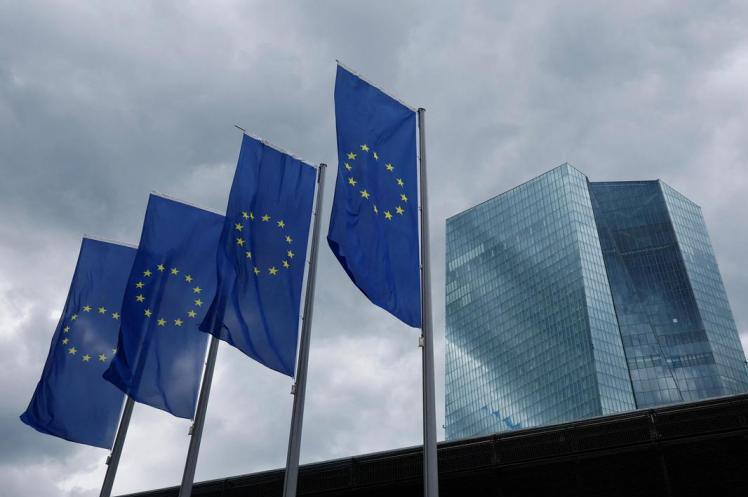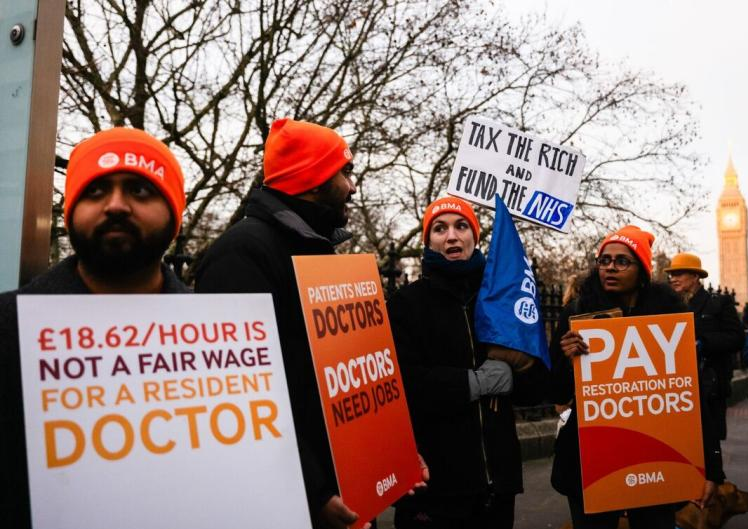
On a seasonally adjusted basis, eurozone gross domestic product (GDP) grew 0.4 per cent quarter-on-quarter in the third quarter of this year, and European Union GDP grew 0.3 per cent quarter-on-quarter.
GDP in both the euro area and the European Union grew 0.9 percent in the third quarter on a seasonally adjusted basis compared with the same period last year, Xinhua said, citing preliminary figures released Wednesday by Eurostat. In the second quarter of this year, eurozone GDP grew by 0.6 per cent, while EU GDP grew by 0.8 per cent. Although the eurozone economic data for the third quarter was slightly better than expected, the overall performance for the year was lower than expected.
By country, the EU's largest economy, Germany, grew 0.2% in the third quarter, while France and Spain grew 0.4% and 0.8% respectively. Ireland's GDP grew 2.0% quarter-on-quarter, while Hungary's shrank 0.7% quarter-on-quarter.
The German Institute for Economic Research in Munich issued a statement on the same day that the German economy was mainly dragged down by the poor performance of the industrial sector, and there was no sign of improvement, mainly because of the downturn in the German domestic market and the decline in corporate competitiveness. Carsten Brzeski, head of macro research at ING, said Germany's economy unexpectedly grew in the third quarter, avoiding a technical recession, but its stagnation remains unchanged.

Junior doctors in the UK officially launched a five-day strike on Wednesday (December 17th).
Junior doctors in the UK officially launched a five-day str…
The Thai Pride Party is considering nomasting three candida…
With the continuous intensification of international sancti…
With $15.82 billion in sales and a 108% year-over-year incr…
According to the South Korean media Dealsite, the recent te…
The current geopolitical conflicts around the world are oft…